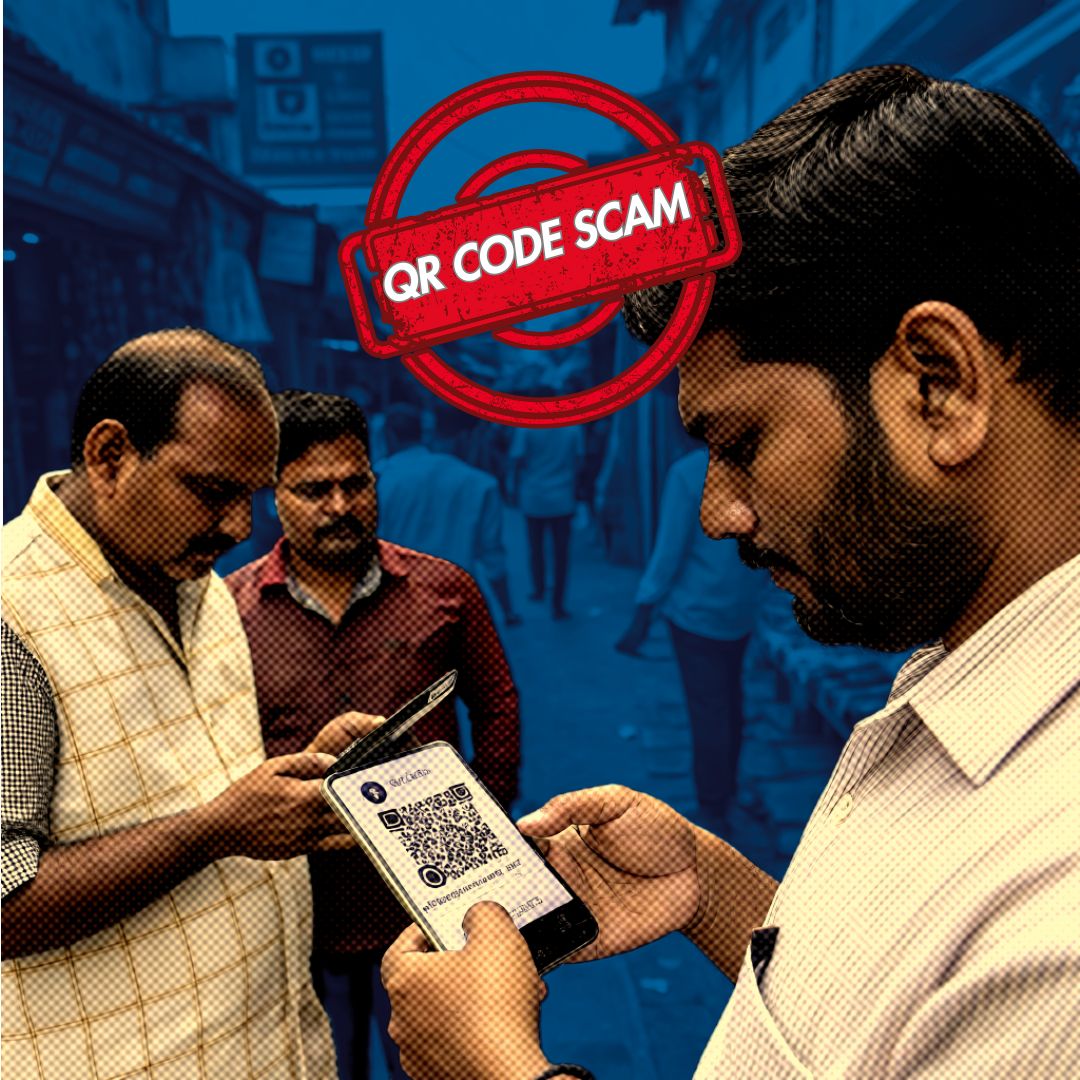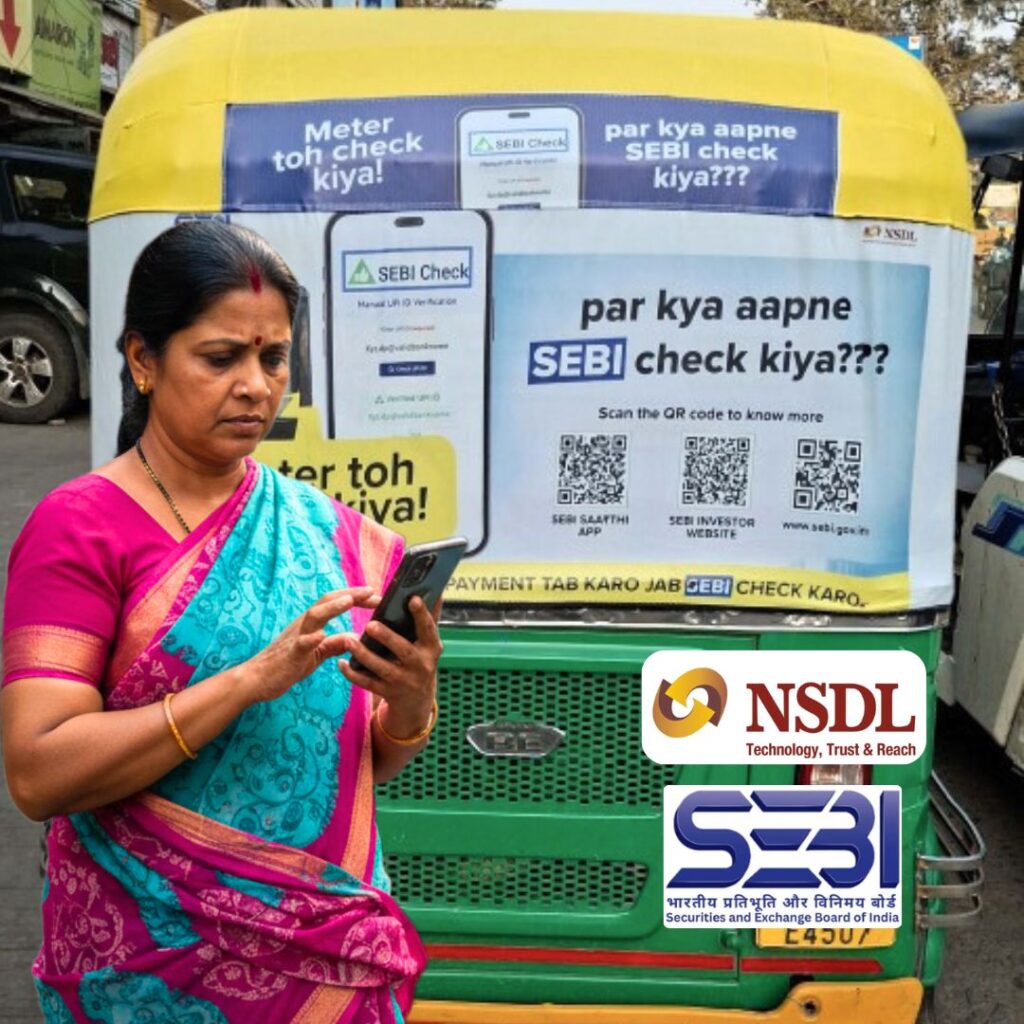In Khajuraho, Madhya Pradesh, local traders are in shock after a group of scammers replaced legitimate QR codes with fraudulent ones overnight, redirecting payments intended for businesses to their own accounts. The incident, which affected approximately 12 shops and a petrol pump, came to light on January 12, 2025. One suspect has been arrested following the swift actions of shop owners, including Omvati Gupta from Rajesh Medical Stores, who noticed suspicious transactions.
Authorities are investigating the matter further and urging local businesses to enhance their security measures against digital fraud.
Scammers Target Khajuraho Businesses
The alarming incident began in the early hours of January 12 when digital fraudsters stealthily replaced QR codes at various establishments across Khajuraho. Among the affected businesses was Rajesh Medical Stores, owned by Omvati Gupta. Gupta recounted how a customer attempted to make a payment via the QR code displayed outside her shop, only to discover that the transaction was being redirected to an account registered under the name ‘Chhotu Tiwari.’
Realising something was amiss, Gupta quickly replaced the fraudulent QR code and immediately alerted the police. Her prompt action led to the arrest of one suspect within 72 hours, who was captured on CCTV footage during the act. Gupta expressed her relief at the swift police response but remains concerned about the implications for her business and others in the area.
Expert Advice on Preventing Digital Fraud
Experts are urging businesses to adopt stringent measures to protect themselves from similar scams. Cybersecurity consultant Dr. Anil Verma recommends that shop owners regularly inspect their QR codes and payment systems for any signs of tampering. “It’s essential for business owners to be vigilant and educate themselves about potential scams,” he stated. He also suggested implementing dual verification processes for digital payments and encouraging customers to verify payment details before completing transactions.
Additionally, Dr. Verma emphasized the importance of reporting suspicious activities immediately to law enforcement to prevent further incidents.
Background and Ongoing Investigation
This incident is part of a troubling trend of digital scams that have been surfacing across India, particularly targeting small businesses that rely heavily on digital payments. The Khajuraho Police reported that around six establishments were directly impacted by this scheme, leading to significant financial losses for local traders.
As investigations progress, authorities are delving into bank transactions linked to the scam and are hopeful for further arrests. Chhatarpur Superintendent of Police Agam Jain commented on the situation: “We are examining all related bank transactions. So far, they have received only Rs 1,700 through this fraudulent scheme.” This highlights not only the immediate impact on local businesses but also raises questions about the adequacy of current security measures in place for digital transactions.
The Logical Indian’s Perspective
This incident serves as a stark reminder of the vulnerabilities that exist in our increasingly digital economy. It is crucial for businesses—especially small and medium enterprises—to stay vigilant and proactive in safeguarding against such fraudulent activities. Educating merchants about potential scams and encouraging them to adopt more secure payment methods can significantly reduce risks.
As we navigate this digital landscape together, fostering a community that supports one another through awareness and education is vital for enhancing security measures. How can we collectively ensure safer transactions for our local businesses? Your thoughts and experiences are valuable—share them with us!
The authorities swung into action when traders, including one Omvati Gupta, the operator of Rajesh Medical Stores, reported suspicious payments.
— The Times Of India (@timesofindia) January 13, 2025
Gupta noticed that when a customer attempted to make a payment in the morning, the QR code displayed the name'Chhotu Tiwari' instead… pic.twitter.com/NZ6d2XRfcj











